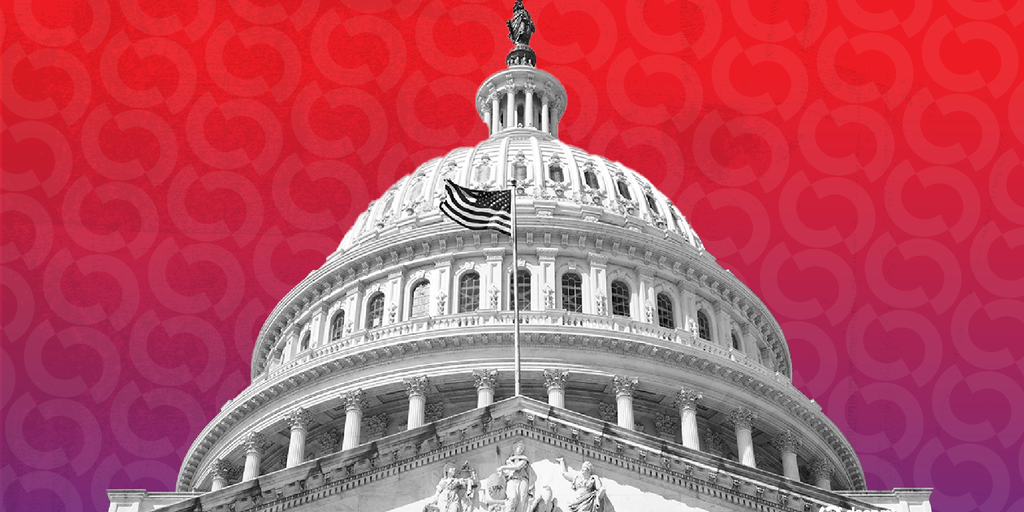
The world of cryptocurrency is once again making headlines, as a group of a dozen pro-crypto Senate Democrats spearhead efforts to shape the future of digital asset regulations. In a pivotal letter published earlier this week, these lawmakers outlined their conditions for supporting legislation that could define the crypto market’s structure for years to come.
Why Bipartisanship in Crypto Is Vital
Leading this movement is Senator Ruben Gallego (D-AZ), the top Democrat on the Senate Banking Committee’s Subcommittee on Digital Assets. The letter emphasizes a strong preference for bipartisan solutions to ensure sustainable, broad-based regulatory frameworks for digital assets.
In a striking critique of the current administration, the letter criticized former President Donald Trump for failing to ensure Democratic representation at key regulatory agencies, including the Securities and Exchange Commission (SEC) and the Commodity Futures Trading Commission (CFTC). These agencies are instrumental in shaping the regulatory landscape of cryptocurrencies. Both agencies are supposed to have five commissioners, with no more than three from the same party, but Democrats have been largely absent from these seats due to recent political actions.
What Changes Are Senate Democrats Proposing?
The letter underscores several demands aimed at making the crypto market structure bill feasible for bipartisan support. Among these are:
- Requiring stablecoin issuers to operate under clear regulations while ensuring they cannot offer indirect yield through affiliates.
- Clarifying the roles of crypto companies so traditional financial institutions maintain a level playing field in light of the new crypto regulations.
- Prioritizing adequate funding and staffing for regulatory agencies to ensure robust oversight of the digital asset market.
One of the more contentious points is the group’s insistence that Democrats must have equitable representation in the SEC and CFTC to ensure a balanced regulatory approach. Historically, bipartisan collaboration has been the cornerstone of long-term regulatory stability, a point the group reiterated in their letter.
Timing and Industry Reaction
The urgency of bipartisan collaboration was further stressed, given that the Republican-led Senate Banking Committee has introduced a draft of the crypto regulation bill. Though ambitious, Republicans aim to mark up and vote on the legislation later this month. However, pro-crypto Senate Democrats are urging caution, warning that rushing the bill without bipartisan support could jeopardize its legislative success.
Crypto industry insiders also noted that the Democrats’ demands align with some traditional financial institutions’ lobbying efforts, signaling potential friction between fintech innovators and established players on Wall Street. Concerns over regulatory imbalances and competition advantages between these two sectors will be central in the coming debates.
Why It Matters
For the average digital asset investor, the passing of this bill could dramatically impact the future of cryptocurrency in the United States. Clear regulations could foster innovation while protecting users from potential risks, but a rushed or one-sided legislative effort may result in instability and confusion in the market.
As the bill progresses, regulatory clarity could favor tools like the Ledger Nano X, a top-tier hardware wallet for securely storing cryptocurrencies. Easy-to-use and highly secure, it’s critical for anyone navigating the evolving crypto landscape. Click here to learn more.
Stay tuned as discussions evolve, with potential implications not only for industry leaders like Coinbase and PayPal but for the regulatory future of cryptocurrencies across the globe.





